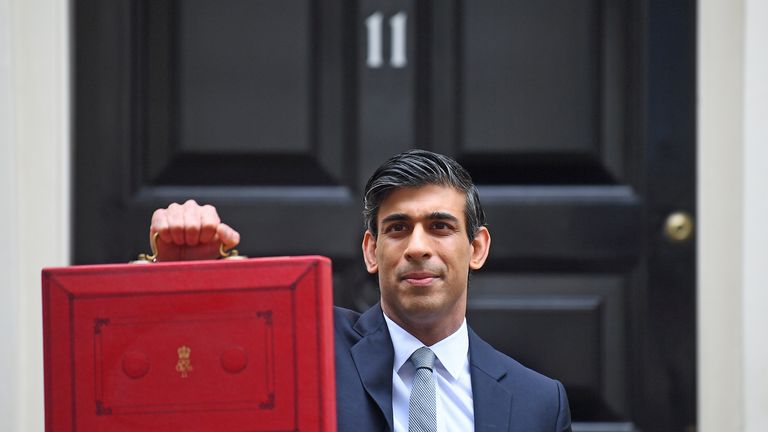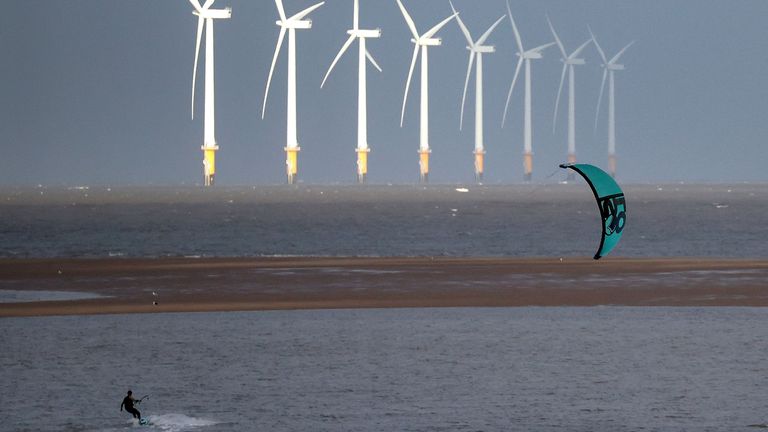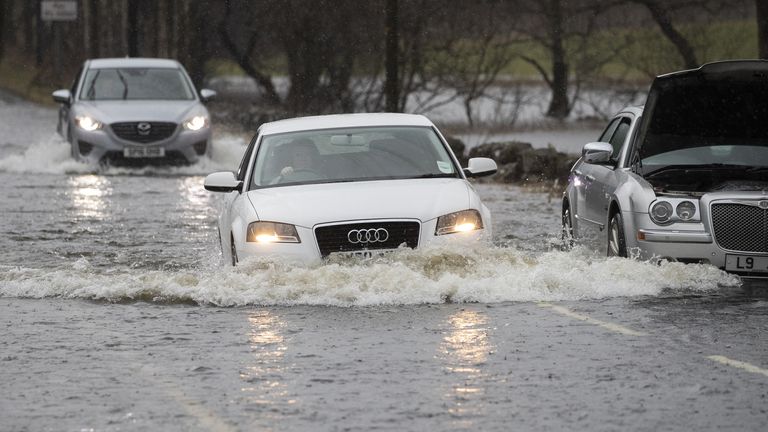The UK government’s spending plans on tackling climate change “don’t add up” to its ambitions, the World Wildlife Fund (WWF) has warned.
Isabella O’Dowd, the environmental charity’s head of climate change, said on Wednesday that ministers must “close the gap” between their climate ambitions and the policies set out in this year’s Budget.

It comes as a landmark report from the International Panel on Climate Change (IPCC) revealed on Monday that the world is set to hit the 1.5C global warming limit within the next 20 years.
“With nature in freefall and the climate in crisis, the clock is ticking for the planet, as the latest IPCC reports makes clear,” Ms O’Dowd said.
“It’s not yet too late to prevent global warming from rising above 1.5C – it is in our hands,” she added. “But to do that, the UK government must play its part by keeping every climate promise it has made.”
Ms O’Dowd went on to warn that the latest Budget “simply doesn’t add up to the cleaner, greener future we all want to see”.
“To turn things around, ministers must close the gap between their climate commitments and their spending plans, by adopting a net zero test for all government spending ahead of the UK-hosted COP26 climate summit in November,” she said.
A new Budget tagging tool being developed by WWF has also found that the government is not delivering on its climate promises, such as cutting emissions by 78% by 2035 and to zero overall by mid-century.
Figures from the new tool, which is designed to assess if financial flows are consistent with reaching the “net zero” goal by 2050, show that new climate tackling policies and announcements in the March Budget equate to only £145m.
The government’s climate advisers have estimated an investment of 1% of GDP a year from the public and private sector would deliver the transition to net zero.

But WWF’s tool found the policies announced in 2021 were worth just 0.01%.
Meanwhile, measures in the Budget that could push up emissions equate to £40bn, the tool suggests.
These policies include the freeze on fuel duty and the “super deduction” for capital allowances that could support polluting investments.Sicily reports 48.8C in what would be Europe’s highest-ever temperature
A government spokesperson said the analysis failed to recognise the £12bn already pledged at the recent spending review in support of its 10-point plan to drive a green industrial revolution in areas including greener buildings, transport and offshore wind.
“The Budget built on that with further funding allocations and ambitious plans on green finance and the UK Infrastructure Bank which will help finance green projects across the UK,” the spokesperson said.
The analysis comes after the United Nations’s IPCC report warned humans were “unequivocally” driving global warming, with devastating climate-related heatwaves, floods and fires already being felt.
Meanwhile, the UK government is due to publish its strategy for this in autumn before it hosts the crucial COP26 world summit aimed at driving action on climate change.
But a growing row within the Conservative Party concerns how to pay for moves towards net zero such as shifting to electric cars and replacing gas boilers in homes with green heating.
WWF warns that delaying investment in a greener economy by 10 years would double the amount of money needed.
It also argued that introducing a “net zero test” to make sure all spending was in line with the move to a clean, decarbonised economy would unlock an estimated £90bn in annual benefits.

Polling by YouGov for WWF also revealed that two thirds of people (68%) are not confident the government will meet its commitments on climate change.
Clear majorities thought ministers should provide funding to cover some or all of the costs to make homes greener, such as installing heat pumps, with nearly half thinking all the costs should be met for those on low incomes.
By Rebecca Speare-Cole
This article was originally shared by Sky News.






